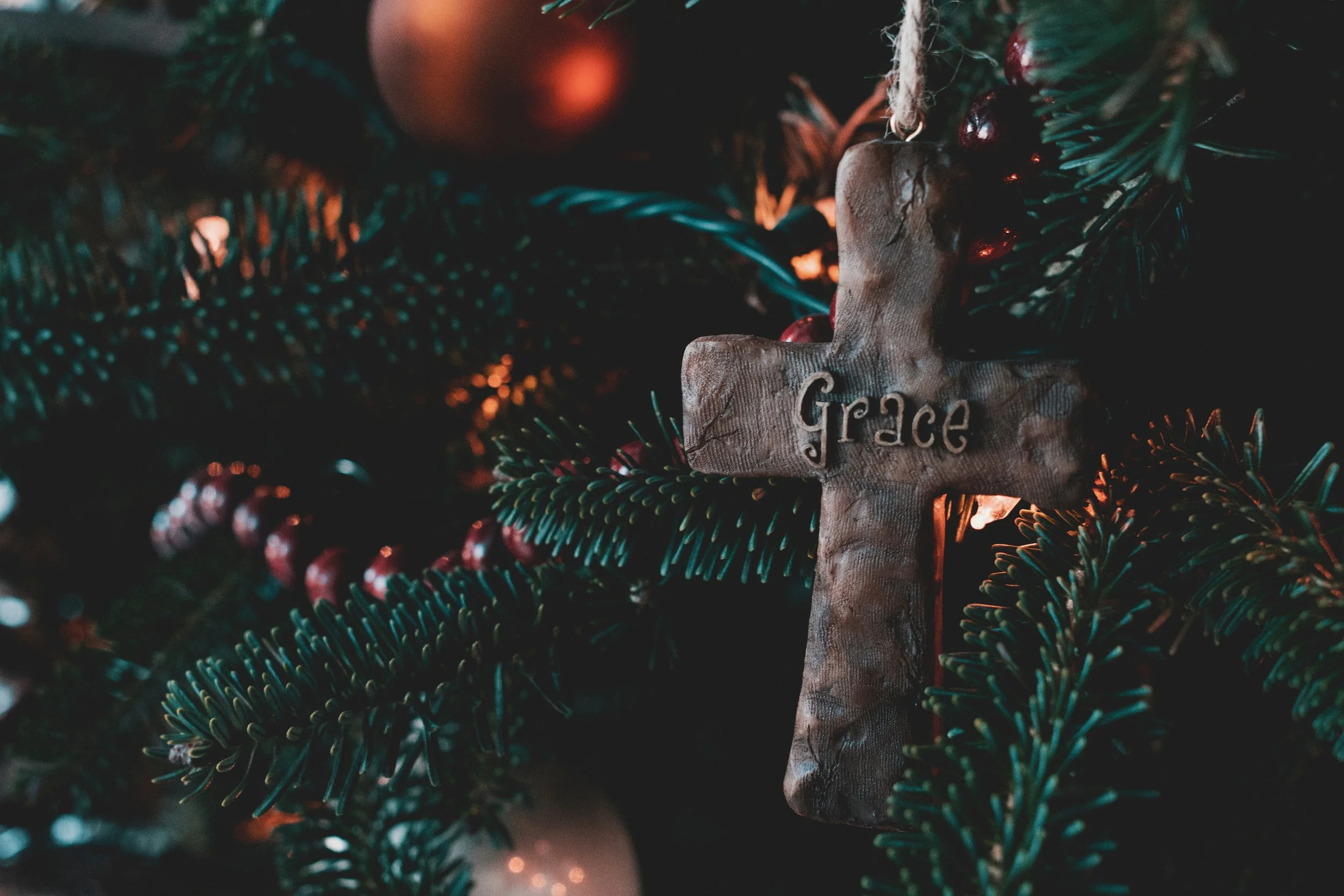A Queer Reflection on Advent
I love the season of Advent. Always have. There is something exciting and hopeful about looking forward to replaying Christ’s birth in the Christian liturgical year. I like it so much more than the season of Lent, which anticipates the Easter narrative of Christ’s death and resurrection. To me, all the violence and death is not much to look forward to. Plus we deal with those realities in life everyday so I just don’t care as much about Easter, or find Christ’s death and resurrection as helpful as I do God’s incarnation in the Christmas story. Some Christians may think I’m off my rocker for claiming that the incarnation is more meaningful or helpful than the death/resurrection, but hear me out.
As a queer woman, I stand in the lived experience that so many of my LGBTQ brothers and sisters when the holidays come around. A lot of us can’t be ourselves. We are denied our existence and have to perform our genders and sexualities in ways that make us blend in, thereby silencing our authentic beings. Some of us can’t talk about our partners; we call them our roommate or our friend. We don’t touch each other because we don’t want to make people feel uncomfortable but at the same time we are constantly uncomfortable. But it doesn’t matter because we are silenced and we keep silent because somehow our comfort doesn’t matter at the expense of others.
We queers find ourselves at what seems to be an impasse but we hope it may be a threshold of possibilities and potentialities. This time of Advent is like this threshold and I think it generates hope for us queers. It is a time of already but not yet here. We are living after God came to live in our flesh with us but has gone away to come back again someday. So we replay the story that our ancestors lived to walk with them in waiting, again. So too, queers are here, we live in our stories and we wait for a better future where we can be ourselves. We are all in an in between time as we wait—Christians and queers alike.
Queer theorist José Muñoz calls this kind of in-between time “queerness.” This is precisely why I appreciate Advent and its liminal character so much because I find it so quintessentially queer. It is not yet here—an ideal that we can’t quite ever touch but we can feel its warm illumination on the horizon bursting with potentiality. In this definition, queerness is, in a sense, a desiring—a desiring for something that we are missing—something that is not yet here. Christians desire knowing God and knowing ourselves. We desire purpose and relational love.
As I said before, for me, the resurrection of Christ doesn’t do much for me theologically. There is no desiring for God to leave us having changed nothing in our world. We still have death and destruction and chaos—nothing to miss here. We are still waiting for a time when queers can just be queers. Sure, things are slowly progressing but legal marriage isn’t solving deep seeded hatred and fear towards us. So we wait for God to come back to relieve us of this world and its messiness. So the resurrection doesn’t give much hope. It doesn’t give me a vision of potentiality on the horizon. But the incarnation does.
I think because God came to live on earth with us God can relate to us. God knows how rough it is here. That gives me hope. God has cried, yelled, laughed, smiled, and loved in a body like mine. In dwelling in our flesh, in my flesh, God gives me permission to be human in all its messiness and beauty. I don’t have to be someone I’m not. I don’t have to wait for society to change and see me as a child of God worthy of love, dignity, and respect. I don’t need permission from anyone to be my gloriously queer self. God’s flesh makes mine holy.
So we look forward to a time when the holidays aren’t so hard for LGBTQ folks. We actively sit in the not-yet space of people like us who can’t be themselves with their families during this time of Advent. Like God was once in our flesh, we too are in this flesh that isn’t quite what we want it to be or maybe it isn’t what others want it to be but it is. So we perform our queerness by being ourselves in hope that this space gets better for ourselves and for others.
I am glad for this season of Advent because it is queer like me. It gives me a space and time where I don’t have to order the chaos and be someone I’m not. I can just be. We can just be. And I have hope for a future that’s not yet here because I know God is with us, for us and among us. And She, with all her mystery and flair, is so so queer.
-Sarah Smith




















